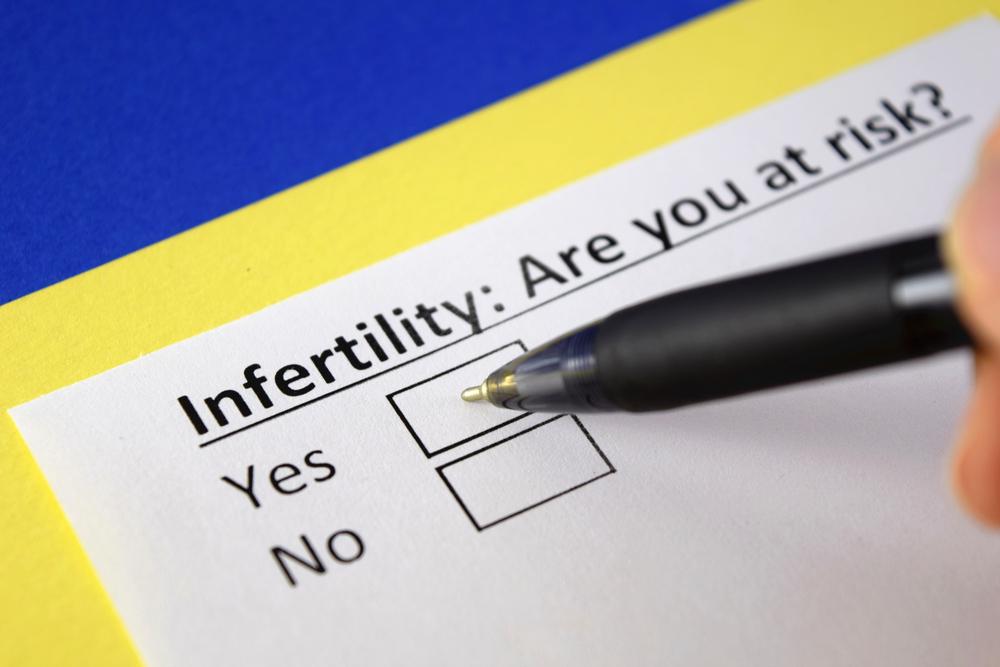Understanding Male Infertility: How a Urologist Can Help with Low Sperm Count
Infertility affects an estimated 1 in 6 couples, and discovering the cause can be a challenging journey. For women, infertility is defined as the inability to get or stay pregnant after trying for one year, or six months if over age 35. For men, infertility is often due to health issues that reduce the chances of impregnating their partner. In fact, up to 50% of infertility cases are linked to the male partner. One common factor? Low sperm count. But how can a urologist help?
What Is Low Sperm Count?
Under normal circumstances, a man produces sperm in the testicles, which are nourished by semen. Fertility depends on producing enough healthy sperm to reach and fertilize the partner’s egg.
On average, a man releases around 100 million sperm during ejaculation, but only one is needed to fertilize an egg. A low sperm count—known as oligospermia—is defined as fewer than 15 million sperm per milliliter of semen. A urologist can perform tests to determine whether a man’s sperm count falls below this threshold.
Common Causes of Low Sperm Count

There are several factors that can contribute to a low sperm count, including:
– Obesity: Excess body fat can overheat the testicles, impeding sperm production.
– Excessive alcohol consumption: Alcohol can lower sperm count and testosterone levels.
– Stress: High stress levels can interfere with sperm production.
– Heat exposure: Hot baths, hot tubs, and keeping electronics on your lap can negatively affect sperm production.
– Infections and STDs: Some infections can impair sperm count.
– Sperm disorders: Sperm may be underdeveloped, abnormally shaped, or have poor mobility.
– Varicoceles: Swollen veins in the scrotum can stunt sperm growth.
– Retrograde ejaculation: A condition where sperm flows backward instead of out during ejaculation.
– Obstruction: Physical blockages in the reproductive tract can prevent sperm from being released.
Additionally, the use of steroids, certain medications, intense exercise, and lack of exercise can also lower sperm count.
Signs of Low Sperm Count and Treatment Options
Men with low sperm count may experience various symptoms, such as:
– Difficulty conceiving despite no known fertility issues with the female partner.
– Sexual dysfunction, including low libido or erectile dysfunction (ED).
– Pain, discomfort, or swelling in the testicles, sometimes accompanied by a lump.
The best way to determine if you have a low sperm count is to consult a urologist, who will conduct a thorough evaluation. Based on the diagnosis, they may recommend a treatment plan, which could include:
– Surgery: To correct obstructions or varicoceles.
– Medications: To address hormonal imbalances or infections.
– Lifestyle changes: Improving overall health through diet, exercise, and avoiding substances that harm sperm production.
Hope for the Future
If you’re struggling with infertility due to low sperm count, there are many treatment options available. Don’t lose hope—advancements in fertility treatments provide real opportunities for success.
Schedule an Infertility Consultation Today
If you suspect low sperm count may be affecting your ability to conceive, reach out to your local urologist for expert help and guidance. Together, you can find the right solution for your fertility challenges.
Sources: The Tough Subject of Male Infertility: How a Urologist Can Help (gaurology.com)
Male Infertility – Urology Care Foundation (urologyhealth.org)
Three Signs That You Should See a Urologist | MFS Blog (malefertility.com)




